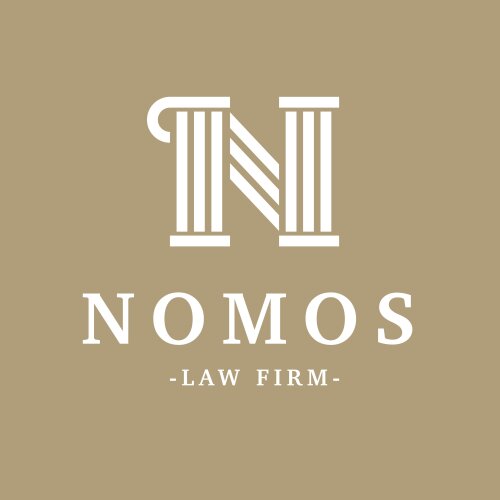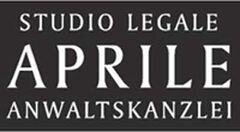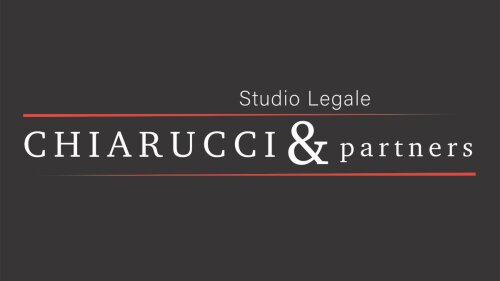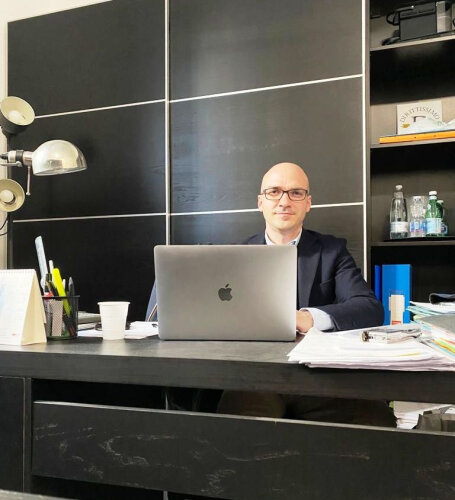Best Due Diligence Lawyers in Italy
Share your needs with us, get contacted by law firms.
Free. Takes 2 min.
Or refine your search by selecting a city:
List of the best lawyers in Italy
About Due Diligence Law in Italy
Due diligence in Italy is a comprehensive process conducted to assess the legal, financial, and operational aspects of a potential business investment or acquisition. This process is crucial to identify any potential risks or liabilities and to verify the overall condition and value of the business. Due diligence in Italy involves a thorough examination of company documents, contracts, financial records, and legal obligations, ensuring that prospective buyers or partners can make informed decisions.
Why You May Need a Lawyer
Engaging a lawyer with expertise in due diligence is essential for several reasons. They can help navigate complex legal documents, ensure compliance with Italian laws, and uncover any hidden liabilities. Common situations requiring legal help in due diligence include mergers and acquisitions, real estate transactions, investment in new ventures, and joint ventures. A lawyer can streamline the due diligence process, identify potential issues, and negotiate the terms and conditions to protect your interests.
Local Laws Overview
Italy has specific local laws and regulations that apply to due diligence, especially in the context of business transactions. Important legal aspects include compliance with antitrust laws, environmental regulations, tax obligations, labor laws, and property rights. Italian law requires comprehensive reporting and transparency during any business transaction, mandating that all relevant information be provided to involved parties. Understanding these legal requirements is crucial to ensure compliance and to avoid potential legal disputes.
Frequently Asked Questions
What is the purpose of due diligence in Italy?
The purpose of due diligence in Italy is to assess risks, verify the financial health, and ensure compliance with applicable laws when entering into a business transaction, such as mergers, acquisitions, or partnerships.
How long does the due diligence process typically take?
The duration of the due diligence process in Italy can vary significantly, often taking between a few weeks to several months, depending on the complexity and size of the transaction.
What areas does due diligence cover?
Due diligence covers financial analysis, legal compliance, operational efficiency, market positioning, intellectual property, environmental issues, and human resources.
Is due diligence mandatory in all business transactions?
While not legally mandatory, due diligence is highly recommended in significant business transactions to mitigate risks and ensure both parties are well-informed.
Can I conduct due diligence independently?
While technically possible, it is advisable to engage professionals, including lawyers and financial advisers, to ensure a thorough and legally compliant due diligence process.
What are the key documents needed in the due diligence process?
Key documents include financial statements, tax records, employment agreements, supplier contracts, intellectual property licenses, and legal compliance documents.
What are the potential risks if due diligence is not performed?
Failure to perform due diligence can lead to unforeseen liabilities, financial losses, legal disputes, and non-compliance with regulations, potentially damaging the business.
How much does due diligence typically cost?
Costs vary based on the complexity and scope of the transaction, but due diligence can be a significant investment, often ranging from thousands to tens of thousands of euros.
What role does a lawyer play in the due diligence process?
A lawyer analyzes legal documents for compliance issues, drafts legal provisions, negotiates terms, and provides advice to protect the client's interests during the process.
How can I ensure compliance with Italian regulations during due diligence?
Working with legal professionals experienced in Italian law and familiar with the specific regulatory landscape relevant to your industry ensures compliance throughout the due diligence process.
Additional Resources
For more information on due diligence in Italy, consider reaching out to the following resources: - The Italian Chamber of Commerce, which provides guidance and support for businesses. - INVITALIA, the national agency for inward investment and economic development. - Business associations such as Confindustria or Assolombarda. - Legal publications and journals that focus on Italian commercial law.
Next Steps
If you require legal assistance in due diligence, consider these next steps: - Research and contact a reputable lawyer specializing in due diligence and Italian commercial law. - Prepare a list of questions and specific details about your transaction to discuss with your lawyer. - Consider obtaining recommendations or reviews for legal professionals from trusted business partners or industry associations. - Schedule a consultation to discuss your needs and the legal professional's approach to handling due diligence, ensuring they align with your objectives and timeline.
Lawzana helps you find the best lawyers and law firms in Italy through a curated and pre-screened list of qualified legal professionals. Our platform offers rankings and detailed profiles of attorneys and law firms, allowing you to compare based on practice areas, including Due Diligence, experience, and client feedback.
Each profile includes a description of the firm's areas of practice, client reviews, team members and partners, year of establishment, spoken languages, office locations, contact information, social media presence, and any published articles or resources. Most firms on our platform speak English and are experienced in both local and international legal matters.
Get a quote from top-rated law firms in Italy — quickly, securely, and without unnecessary hassle.
Disclaimer:
The information provided on this page is for general informational purposes only and does not constitute legal advice. While we strive to ensure the accuracy and relevance of the content, legal information may change over time, and interpretations of the law can vary. You should always consult with a qualified legal professional for advice specific to your situation.
We disclaim all liability for actions taken or not taken based on the content of this page. If you believe any information is incorrect or outdated, please contact us, and we will review and update it where appropriate.
Browse due diligence law firms by city in Italy
Refine your search by selecting a city.
















